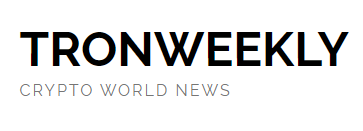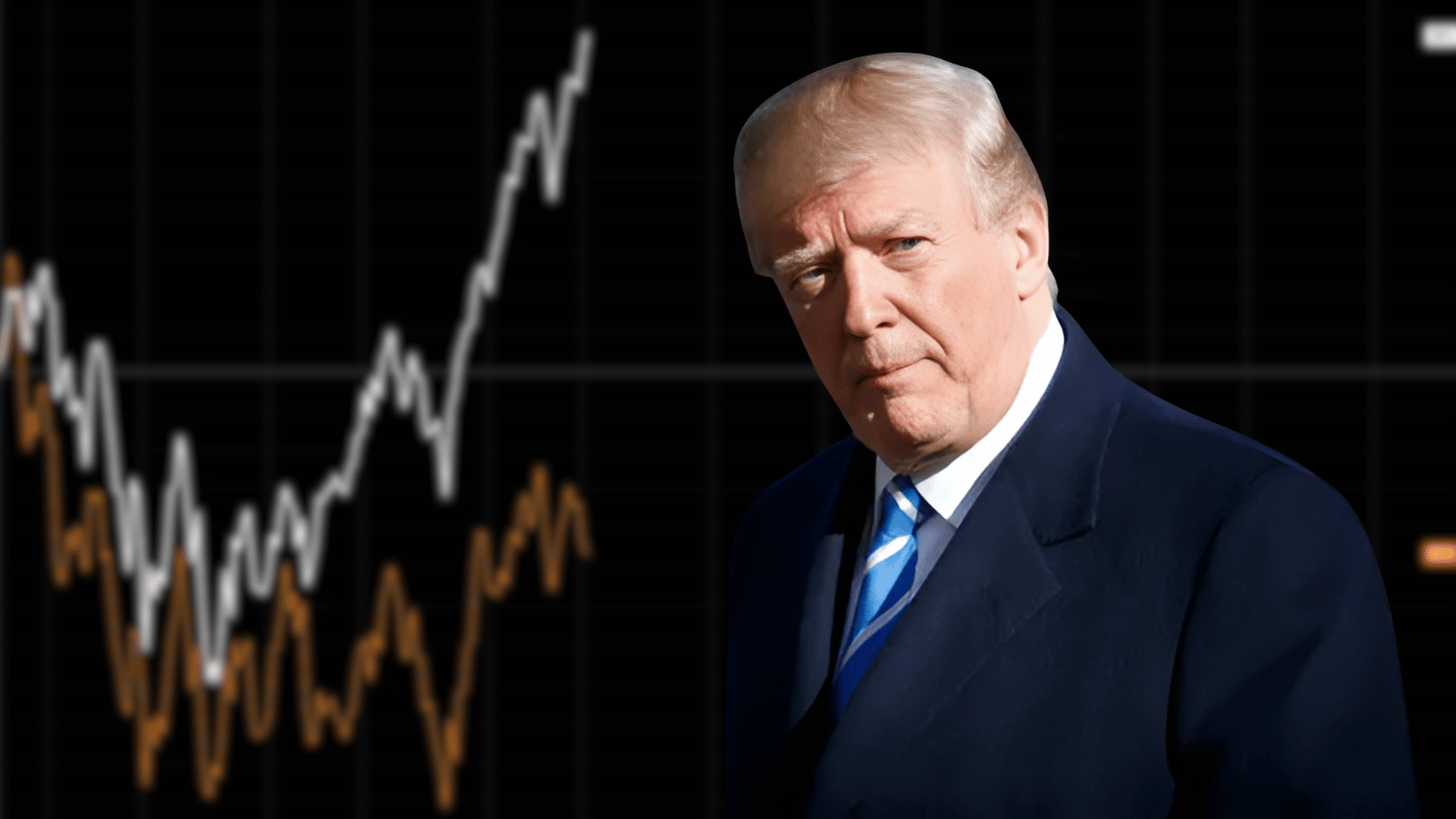April 3, 2025 by Bena Ilyas
- Bitcoin Drops to $83K as Trump’s Sweeping Tariffs Spark Market Chaos, Wiping Out $2 Trillion in Equity Value.
- Nasdaq 100 futures plunge nearly 900 points before stabilizing, while Ethereum crashes 4.5% to $1,817.
- Washington Pushes Back, with bipartisan efforts to curb emergency tariff powers facing uphill battles.
On Wednesday, U.S. equity futures and major cryptocurrencies took a nosedive after former President Donald Trump announced sweeping new tariffs targeting 185 countries. The move sent shockwaves through global markets, triggering a widespread selloff as investors braced for economic uncertainty.
The Kobeissi Letter called the moment “truly insane to watch,” noting that markets reversed violently as Trump revealed tariff rates nation by nation during his “Make America Wealthy Again” rally.
At 4:26 PM ET, President Trump picked up the below poster on stage at his announcement.
Before he picked up this poster, futures were up +2%.
By 4:42 PM ET, futures had fallen -4% from their high as Trump listed new tariffs name by name.
This was truly insane to watch. pic.twitter.com/0FlPXy0jMv
Within minutes, the S&P 500 shed over $2 trillion in market capitalization, while Nasdaq 100 futures experienced a near 900-point swing before stabilizing off session lows. As of 8:45 PM ET, Dow Jones futures had dropped 1.26%, S&P 500 futures slid 1.16%, and Nasdaq 100 futures tumbled 1.20%.
Tariff Fallout Bitcoin Drops to $83K as Markets Brace
The newly announced tariff framework includes a baseline 10% duty on all imports, with significantly steeper rates for specific countries. China faces a staggering 34% tariff, while the European Union will see a 20% rate imposed. Trump framed these as “reciprocal tariffs,” arguing that U.S. import taxes will match half of what other nations impose on American exports.
The surprise announcement rattled both traditional markets and the crypto sector, underscoring the increasingly intertwined relationship between digital assets and macroeconomic policy shifts.
Crypto markets mirrored the sharp downturn in equities. Bitcoin tumbled 0.8% to around $83,406, while Ethereum plunged 4.5% to $1,817, according to CoinGecko data.

“Very little reason to own risk here,” remarked Joe McCann, founder and CEO of Asymmetric, in an interview. “Crypto is at the behest of macro and traditional markets at this point… Without a clear and distinct catalyst, crypto is simply going to trade like any other risk asset.”
McCann also pointed to rising inflation expectations, with one-year inflation swaps climbing above 3.3%, warning that the tariff shock could tip Q2 GDP into negative territory.
Washington Pushes Back on Trump’s Tariffs
In Washington, resistance to Trump’s tariff policy is already mounting. A resolution led by Sen. Tim Kaine (D-Va) to revoke emergency tariff powers over Canada has gained bipartisan traction, with at least four Republican senators including Rand Paul and Mitch McConnell signaling their support. However, the measure faces steep odds in the GOP-controlled House and is unlikely to survive a presidential veto.
As markets digest the sweeping policy shift, investor focus has sharply realigned toward macroeconomic risks. The unpredictability of the tariff rollout has injected fresh uncertainty into inflation forecasts, economic growth trajectories, and broader policy responses heading into Q2. Bitcoin, along with other assets, has felt the impact, with volatility intensifying as traders reassess their positions.
For now, both traditional and crypto investors remain on edge, waiting to see whether this latest economic jolt is just the beginning of deeper market turmoil. Bitcoin, often seen as a hedge against uncertainty, has experienced notable price fluctuations in the face of these developments. The broader economic landscape, particularly inflation concerns, is likely to continue influencing Bitcoin’s movement in the short term.
Related | Shiba Inu Unleashes Karma: Reputation Revolution Hits Shibarium

 1 day ago
10
1 day ago
10









 English (US) ·
English (US) ·